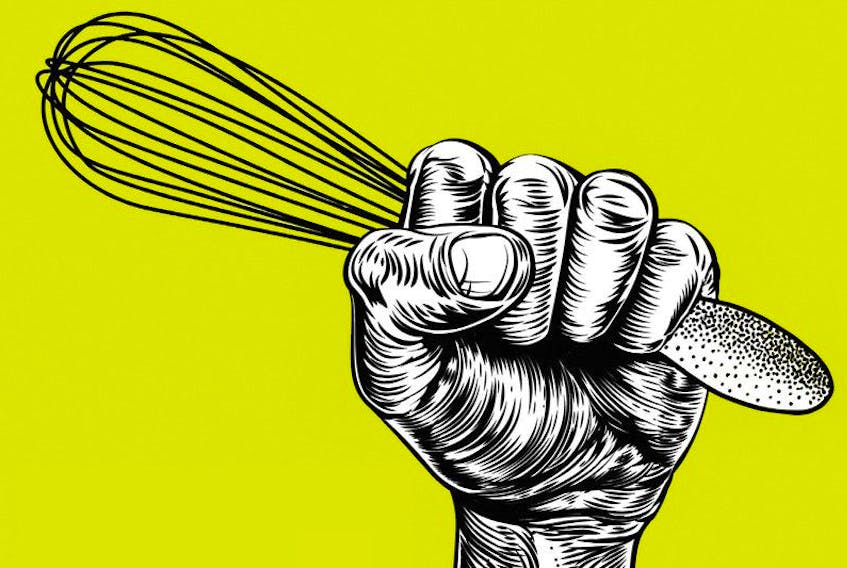By Christina Doonan
For well over a decade, women from jurisdictions including Australia (2003), Argentina (2015), Britain (2015), Canada (2012) and the European Parliament (2016) have struggled for the right to breastfeed their infants in legislative chambers while performing their duties as elected officials. Notably, in February 2016, the Australian House of Representatives changed its rules to allow women to breastfeed in Parliament.
Canadian federal MPs have found this issue pertinent in the last five years with younger cohorts of MPs taking office. In 2016, the Standing Committee on Procedure and House Affairs issued a report that acknowledged the House of Commons as a space that is not family-friendly, and noted the significant barriers posed by parliamentary protocol to work–life balance, particularly for parents of young children. Among other family-friendly initiatives, this report recommended finding new ways to provide flexibility for new mothers.
There are good reasons why the Government of Newfoundland and Labrador should pay attention to these trends that recognize the needs of parents of young children, especially breastfeeding mothers, who require proximity to their infants. The standing orders for the House of Assembly of Newfoundland and Labrador should be amended to explicitly permit and even support breastfeeding in the chamber.
The standing orders for the House of Assembly of Newfoundland and Labrador should be amended to explicitly permit and even support breastfeeding in the chamber.
The standing orders governing conduct in the Newfoundland and Labrador House of Assembly make no clear provision for the presence of children or breastfed infants. In other regions, standing orders related to “strangers” have applied to the presence of children. Following historical parliamentary practice in the U.K., many legislative chambers throughout the world refer to anyone who is not an elected official, or an officer of the legislative assembly, as a “stranger.” Although the U.K. abandoned the terminology of strangers in favour of “visitors” in 2004, the term is still used in the Newfoundland and Labrador House of Assembly. Standing Order 22 of the House of Assembly states that “(if) any Member takes notice that strangers are present, the Speaker, or the Chairperson (as the case may be), shall forthwith put the question that strangers be ordered to withdraw without permitting any debate or amendment.”
This provision against strangers has been used in the past to eject breastfeeding mothers and babies from other legislative chambers, most notoriously Australian MP Kirstie Marshall and her infant in 2003. It is desirable to prevent such a state of affairs in Newfoundland and Labrador.
Let us begin with what is probably the most compelling reason from the perspective of democratic governance.
We may take as given that diversity in representation is desirable and a public good since it broadens the scope of our democracy. The more diversity among elected representatives, the more likely that a variety of perspectives and interests will be heard at high levels. Women currently account for 25 per cent (10 out of 40) of MHAs, suggesting that there is still a significant gender gap in representation.
It is unclear exactly what role the family-unfriendly environment plays in preventing parents of young children from running for elected office, to say nothing of breastfeeding mothers. However, it was noted in the Australian context that rules on strangers might discourage parents of children from becoming MPs. In this case, any small and affordable gesture to encourage the political participation of this demographic should be welcome.
Further, amending the standing orders to reflect a welcoming attitude to breastfeeding and the presence of children more generally (for example, newborns and bottle-fed infants) acknowledges and respects the presence of elected officials who diverge from the typical Western model of the political actor for the past several hundred years — to wit, the able-bodied male who is not a primary caregiver within the home. Indeed, the more traditional the parliament, the harder it is for women to work there, because parliamentary protocol has been shaped by norms and expectations that took the traditional male political actor as the norm. This traditional structure “disproportionately affects women MPs, making it hard for women to compete with men on a level-playing field, since they have to play by the rules of a game which were determined in the days when there were hardly any women MPs at all.” This returns us to our initial concern about diversity and its relationship to democracy. For this reason, the model for accommodating breastfeeding should be proactive, not reactive. It is not enough to merely wait until someone attempts to breastfeed in the House of Assembly and hope that they will be accommodated through an exception. Rather, changing the standing orders signals a dynamic approach and acts as an affirmation of parents who are MHAs. It also encourages the political participation of parents of young children who might otherwise deem it impossible to become an MHA.
As citizens with a significant stake in health care, education and property, and a keen investment in the future of the province, their voices are needed.
Finally, the province has a strong breastfeeding initiative through its Baby-Friendly Council of Newfoundland and Labrador, a committee with members from across the province devoted to increasing and sustaining breastfeeding rates. Through its support for Baby Friendly NL, the province has acknowledged the manifold health benefits to society that follow from breastfeeding and has made support for extended breastfeeding a part of provincial health policy. However, the research is also clear that the return to paid work can pose significant barriers to breastfeeding, and professional work spaces must promote breastfeeding as suitable workplace behaviour if it is to be supported.
It therefore seems consistent to open up the House of Assembly as a workplace venue that models support for breastfeeding.
About the Author
Christina Doonan (Gender Studies and Political Science, Memorial University of Newfoundland) is a political theorist who is currently researching current and historical infant feeding practices in Newfoundland and Labrador.









